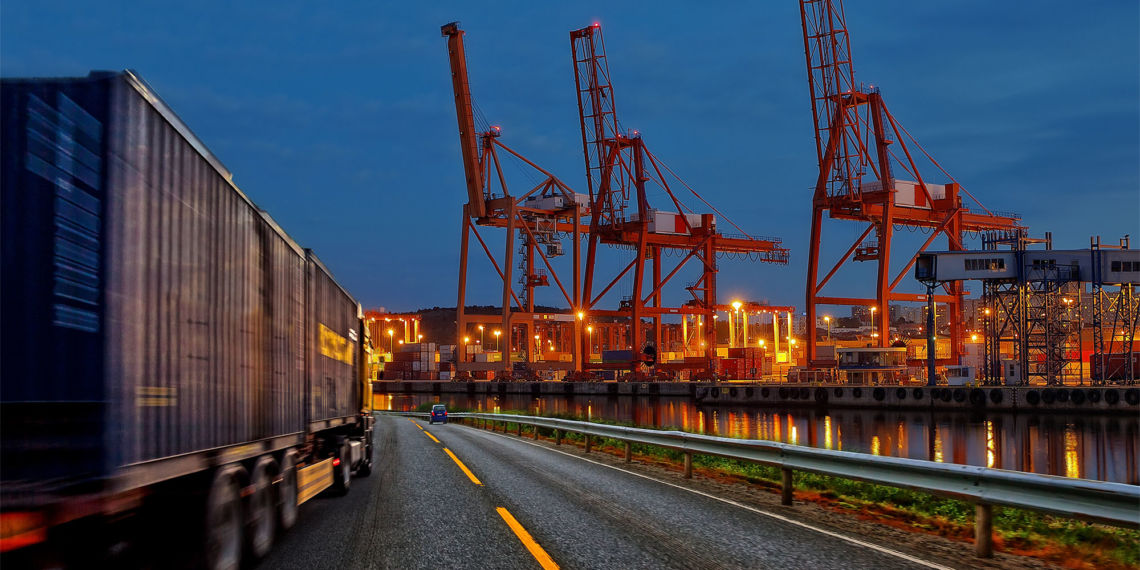Vodafone empowers Edge With AWS Wavelength
- January 20, 2021
- William Payne

Vodafone has become the first company in Europe to enable organisations to create pilot applications using distributed Multi-access Edge Computing (MEC) with Amazon Web Services (AWS). This is made possible by embedding AWS Wavelength at the edge of its 4G and 5G networks to bring customers and key applications closer together.
In collaboration with AWS, Vodafone Business’ distributed MEC service will be rolled out from the spring of 2021, starting with the first commercial centre in London, UK, and with other locations in the UK and Germany to follow. These will give business customers, application developers and independent software vendors (ISVs) a head start in developing new digital services and access to real-time analytics so they can better respond to events and end-user needs.
The commercial MEC centre in London will provide an ultra-low latency zone over a wide area and make use of Vodafone’s 5G network in the capital. In addition to areas within and around London, the low latency zone will extend to Cambridge, Oxford, Birmingham, Bristol, and Cardiff, as well as the high tech industrial corridor that runs alongside the M4 motorway connecting London to the West of England and South Wales.
According to Vodafone, MEC is a key component to unlock the full potential of 5G as it moves cloud-based IT services to the edge of the network, providing services with almost instantaneous connectivity. Combined, MEC and 5G is the platform on which remote surgery, connected industrial robots and autonomous cars as well as critical Internet of Things (IoT) applications will work by allowing ultra-low latency response times between the user and the application housed within the edge of the network.
Vodafone Business will run a MEC innovation programme in collaboration with AWS from early 2021 for a wider developer and business community to experiment with this new technology.
The company is describing this as a significant milestone in its strategy to provide enterprise customers with both dedicated MEC – edge computing combined with mobile private networks (MPN) for the sole use of a company – and distributed MEC that is embedded at the edge of the 4G/5G network. In addition to increasing the capacity and speed of its core converged network, Vodafone’s multi-cloud approach supports customers of all sizes to succeed in a digital world.
Typically today mobile data response times are 50 to 200 milliseconds. Vodafone recently achieved a low latency time – the total round trip time (RTT) from the base station to the location where the MEC application server is hosted – of less than 10 milliseconds between a test location near Newbury in the south of England and Birmingham in the Midlands.
Vodafone has been piloting MEC based on the AWS Wavelength Zones with customers in two beta trial sites in the UK. An additional beta trial location is due to open in Dusseldorf, Germany, early next year with general availability in Dortmund later in 2021. This first AWS Wavelength Zone in Germany will enable developers to create ultra-low latency applications for organisations in the economic heart of Germany, including Dusseldorf and Cologne. In addition to London, these locations will also be used to support innovation hubs for business customers and ISVs.
Companies such as Dedrone, Digital Barriers, Groopview and Unleash live have already built and successfully tested applications deployed in Vodafone’s test facilities. HERE Technologies will start trials in Germany in early 2021.
Vodafone Chief Technology Officer, Johan Wibergh, said: “Every millisecond matters in digitalising manufacturing, safeguarding citizens and workers, transporting medical supplies by drone or eliminating motion sickness when wearing a VR headset. Putting these services much closer to the customer with Vodafone’s Edge Computing service will significantly reduce any delay in transmitting critical services. By opening up new innovation hubs within our 5G network, which currently spans 127 cities and nine markets in Europe, we can help turn new business ideas into commercial successes.”
Vinod Kumar, CEO Vodafone Business, added: “Working with AWS on edge computing means we are making it simpler for both independent software vendors and our customers to experiment with this emerging technology. We’re doing this by offering an incubation space to create and test applications that we can then industrialise and scale. And we’re already seeing some innovative applications that provide positive business outcomes from Dedrone, Digital Barriers, HERE Technologies, Groopview, and Unleash live, with so much more to come once our MEC innovation programme is running.”





